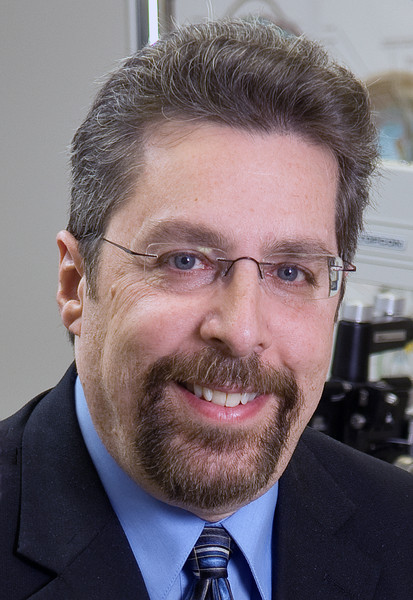 |
It’s hard to process the loss of someone as singular as Art Epstein. I’m just one of thousands doing that now, in these first few days following his untimely passing. So much has already been said about his impact on the optometry profession, including the heartfelt comments we share in our news section this month from some of his friends, that I worry I can hardly add very much. But one of the things I think the optometry profession will miss most is Dr. Epstein’s outspoken advocacy for change.
Art always had the courage of his convictions. Week in and week out, his “Off the Cuff” commentaries in Optometric Physician either took aspects of the profession to task for various shortcomings or highlighted some new direction he exhorted us to explore. Professional societies, optometric colleges, CE providers, product manufacturers—no one escaped Art’s gaze if he had a bone to pick with them.
It’s not easy to identify the fault lines in our institutions that create vulnerabilities for practicing optometrists. It’s harder still to call out their leaders for inaction. Art did both effortlessly. In this he was almost a one-man Fourth Estate—the old-fashioned term for the press to describe its role in holding those in power to account.
 |
| Arthur Epstein, OD. 1951-2022. |
In short, we need people like Art Epstein as a bulwark against complacency. Perhaps Joe Shovlin said it best: “In many respects, he was our conscience.” That voice will be sorely missed in the months ahead.
Optometry is in the midst of another of its periodic transitions, with many states agitating for an expanded scope of practice that would encompass minor surgical procedures. The effort has seen much success in 2022, with Virginia and Colorado gaining such privileges and other states crafting legislation for their own upcoming runs at it.
Unfortunately, the day after Art Epstein passed away came the news that California’s governor shot down the state’s scope expansion bill. Had it been signed, this would have opened up new opportunities for motivated ODs to better serve the public good, filling a hole in the provision of eye care particularly for low-income people who rely on the state’s Medi-Cal plan.
Man, how I wish we could’ve heard Art skewer the facile arguments against the bill put forth by the governor and the lobbyists that fed the words to him.
It’s easy for opponents of scope expansion to hide behind (unsubstantiated) claims of hazards to public safety, as the medical lobby did once again in sinking the California bill, but the facts will bear us out in time. I watched the floor debate on the bill in the state Assembly when the vote took place in late August. Let’s just say that was not a conversation where accuracy was a priority for the bill’s detractors.
If I’m sounding a little fed up about the matter, I’ll thank Art for that. As a longtime member of the Review editorial board, he often encouraged me privately to take a stand, to go out on a limb, to develop a voice for myself and this publication.
If Art Epstein’s legacy can be to instill an abiding sense of responsibility in each of us—to call out hypocrisy, to challenge the norms and most of all to act—then I think we can fairly say we’ll have honored his memory. Let’s get to it.

